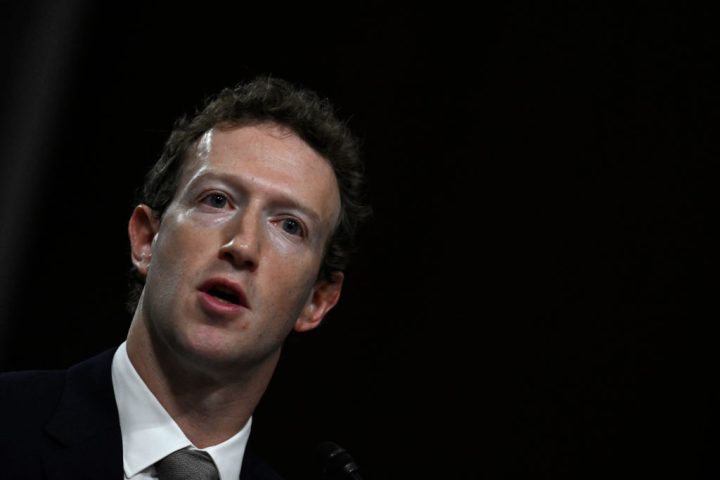It’s sometimes difficult to remember a time before Facebook, isn’t it? It’s like trying to remember a time before the espresso martini (invented by mixologist Dick Bradsell in Soho in 1983) or a time when people smoked on planes (amazingly, that was allowed until the late 1990s), or that time, many ages past, so long ago it is lost in the fogs of ancient memory, when the Tories were relatively popular (2022).
Already a subscriber? Log in
Subscribe for just $2 a week
Try a month of The Spectator Australia absolutely free and without commitment. Not only that but – if you choose to continue – you’ll pay just $2 a week for your first year.
- Unlimited access to spectator.com.au and app
- The weekly edition on the Spectator Australia app
- Spectator podcasts and newsletters
- Full access to spectator.co.uk
Or




















Comments
Don't miss out
Join the conversation with other Spectator Australia readers. Subscribe to leave a comment.
SUBSCRIBEAlready a subscriber? Log in